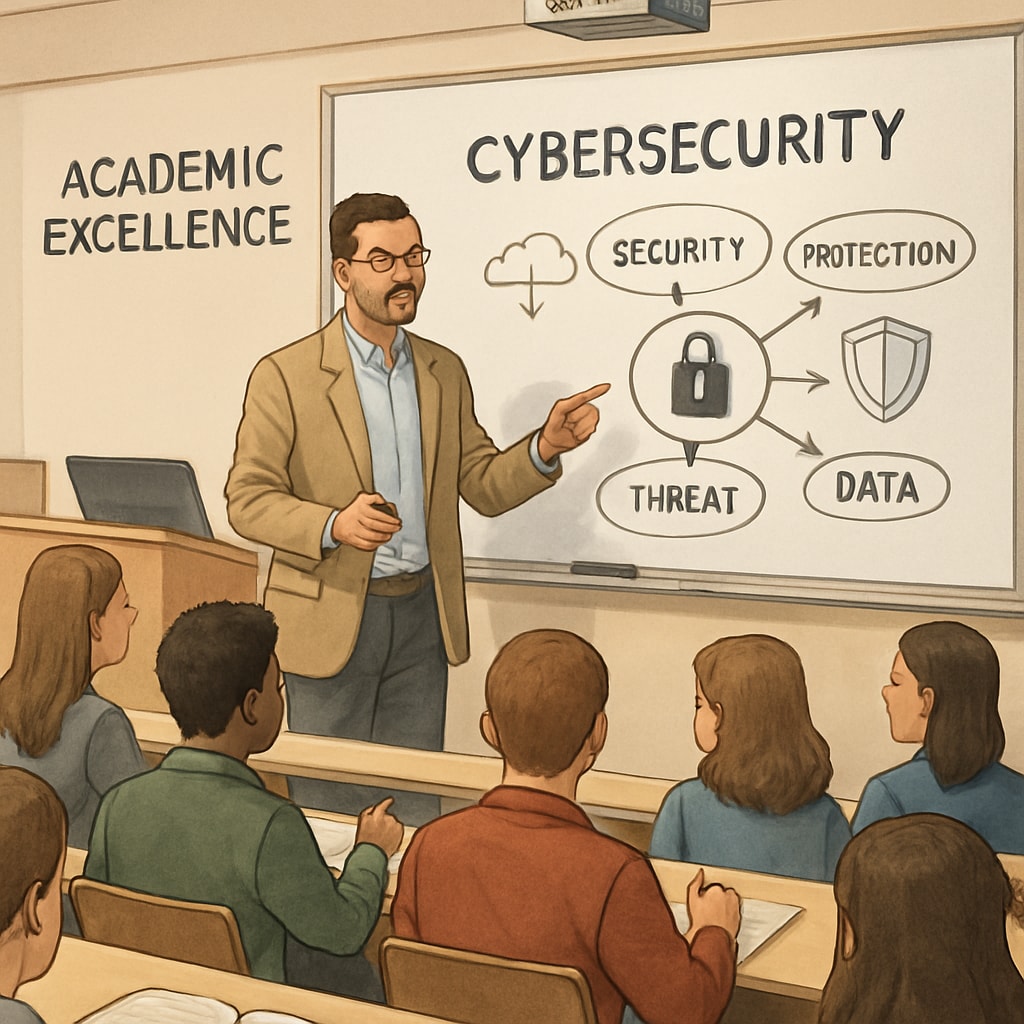In an era dominated by digital transformation, the demand for cybersecurity professionals continues to soar. Aspiring students and their families are increasingly focused on how university reputation influences cybersecurity career prospects. While prestige can open doors, practical skills often determine long-term success. This article unpacks the interplay between academic reputation and skill development, offering actionable insights for students navigating their future in cybersecurity.
How University Reputation Shapes Career Opportunities
University reputation is often viewed as a benchmark for academic excellence. Institutions with strong reputations tend to attract top-tier faculty, cutting-edge resources, and influential alumni networks. For cybersecurity students, these factors can translate into exclusive internships, networking opportunities, and job placements at leading tech firms.
However, relying solely on an institution’s prestige may overlook other critical aspects. Practical experience, certifications, and hands-on training are increasingly prioritized by employers in cybersecurity. While a reputable university might help secure the first interview, long-term career growth often hinges on demonstrated expertise.

The Growing Importance of Practical Skills
Cybersecurity is a field defined by its dynamic nature. Threats evolve rapidly, requiring professionals to stay ahead of attackers. Universities that integrate real-world training, advanced labs, and opportunities for ethical hacking practice often produce graduates better equipped to handle industry challenges.
For example, certifications such as CompTIA Security+, Certified Ethical Hacker (CEH), or Certified Information Systems Security Professional (CISSP) are considered vital for entry-level positions. Students should prioritize universities that offer pathways to these certifications alongside degree programs.
Additionally, partnerships with companies for internships or cooperative education programs can provide invaluable experience. Such initiatives often outweigh the benefits of a prestigious institution without practical cybersecurity training.

Balancing Prestige and Practicality in Decision-Making
When evaluating universities, students should balance prestige with program-specific strengths. A highly ranked institution may boast global recognition but lack the specialized resources necessary for cybersecurity training. Conversely, smaller or less renowned universities might excel in cybersecurity education due to focused faculty expertise and innovative curricula.
Key factors to consider include:
- Available cybersecurity programs and their alignment with industry standards.
- Access to internships, cooperative education, or experiential learning opportunities.
- Faculty expertise in cybersecurity-related fields.
- Collaborations with tech companies or government agencies for research and development.
- Opportunities to earn industry-recognized certifications during the degree program.
By carefully assessing these elements, students can make informed decisions that prioritize both academic prestige and career readiness.
Preparing for Success Beyond the Classroom
Ultimately, success in cybersecurity hinges on a blend of foundational knowledge, technical skills, and adaptability. While university reputation can provide initial advantages, the ability to solve complex problems, respond to emerging threats, and innovate within the field is paramount.
Students and parents should focus on fostering a mindset of continuous learning. Cybersecurity professionals often pursue ongoing education, whether through certifications, workshops, or advanced degrees. Selecting a university that encourages this culture of growth can be a key differentiator in a competitive job market.
As a result, the decision-making process should extend beyond rankings and reputation. It must include an evaluation of how well a university equips students for the ever-changing landscape of cybersecurity.
Readability guidance: Use concise paragraphs, include lists to summarize key points, and maintain a balanced tone between academic and practical considerations.


